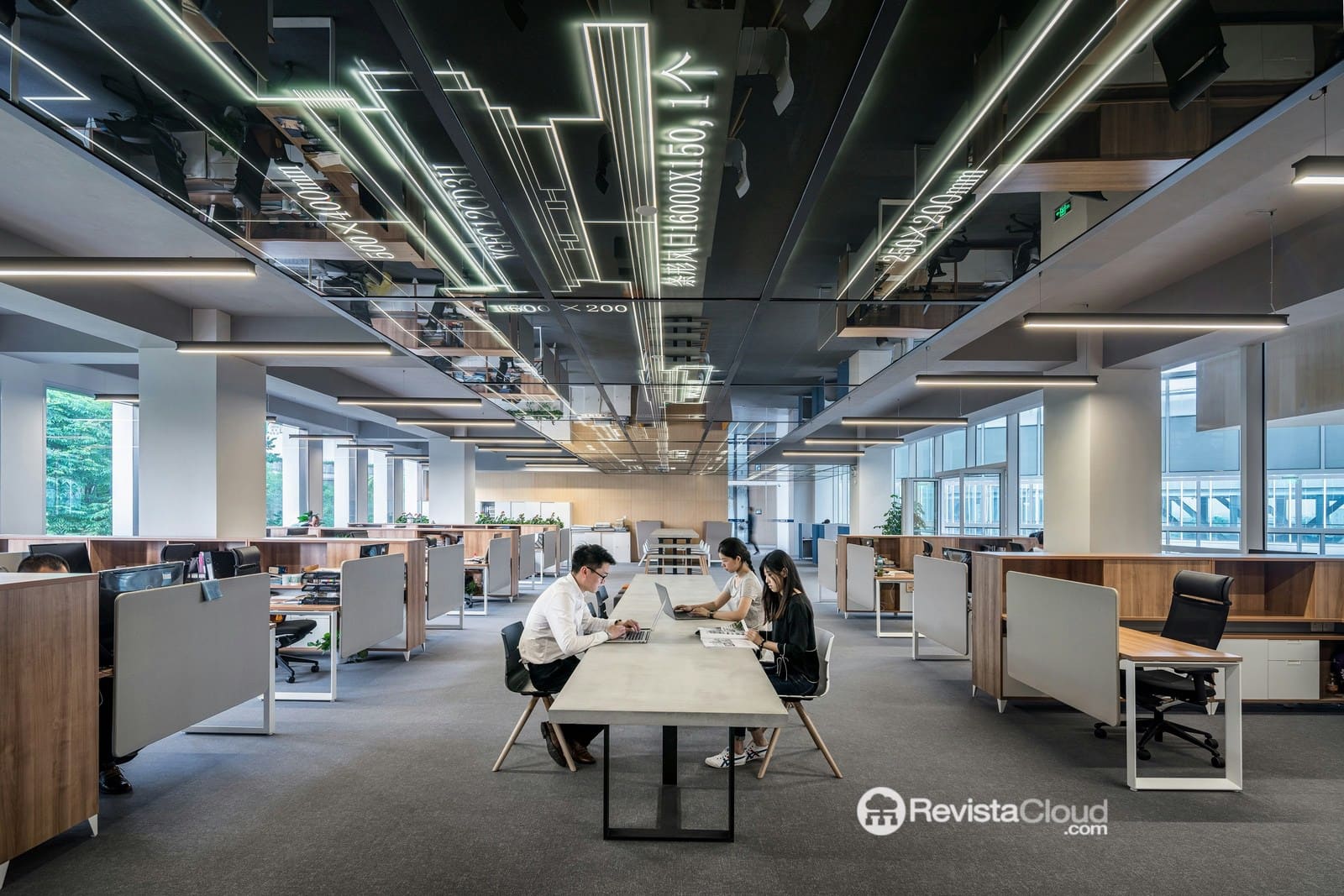The Robotic Process Automation (RPA) is marking a before and after in the business world. With its ability to automate repetitive and mechanical tasks, RPA not only improves efficiency and precision, but also redefines the customer experience. This article explores how RPA is impacting different industries, analyzing specific cases in sectors such as banking, healthcare, retail, and manufacturing.
RPA in Banking: Agility and Security
In the banking industry, RPA has played a crucial role in digital transformation. Banks have integrated RPA to automate processes such as customer data verification, transaction processing, and regulatory compliance. This has not only streamlined operations, but also improved accuracy and reduced human errors, contributing to increased security and customer confidence. RPA has also facilitated banks to quickly adapt to changing financial regulations.
Impact of RPA in Healthcare: Efficiency and Patient Care
The healthcare sector has seen a significant improvement in patient data management and operational efficiency thanks to RPA. Automating processes such as medical data entry, appointment scheduling, and insurance claims management has allowed medical professionals to spend more time on patient care. Additionally, RPA has been crucial in managing large volumes of health-related information, ensuring greater accuracy and speed in data treatment.
RPA in Retail: Enhancing the Customer Experience
Retail is another sector that has been transformed by RPA. From inventory management to customer service, RPA has allowed stores and e-commerce companies to significantly improve their operational efficiency. Automating processes such as inventory tracking, order management, and returns has resulted in a better customer experience, reducing wait times and improving delivery accuracy.
RPA in Manufacturing: Precision and Productivity
In manufacturing, RPA has revolutionized the way operations are handled. Implementing RPA in quality control, supply chain management, and predictive maintenance has increased the accuracy and efficiency of production. Additionally, RPA has allowed better planning and control of resources, resulting in cost optimization and increased productivity.
Future Trends and Evolution of RPA
Looking ahead, RPA will continue to evolve, increasingly integrating with advanced technologies such as Artificial Intelligence (AI) and machine learning. This integration will allow RPA to handle more complex tasks and make data-driven decisions in real-time. RPA is expected to remain a key component in the digital transformation strategy of companies, driving innovation and growth across all industries.
In summary, RPA is redefining the business landscape, offering effective solutions to improve operational efficiency and the customer experience in a wide range of industries. With its adaptability and potential to integrate with other emerging technologies, RPA is not only here to stay, but will continue to be a driver of change and progress in the business world.

